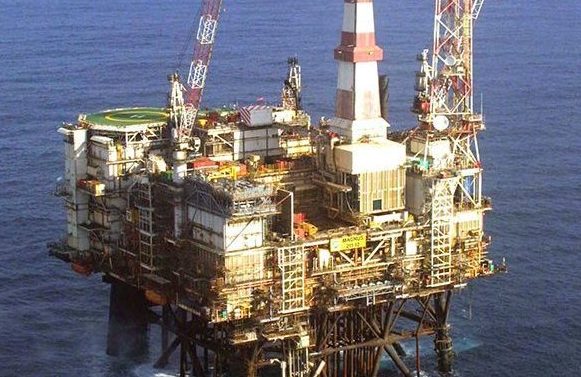
Geothermal is not recognised by law as a natural energy source, Dr Corinna Abesser of the British Geological Survey (BSG) recently told Energy Voice.
However, geothermal is finding a home in different parts of the world.
Paris, for example, has been using geothermal energy for heating since 1969, today supplying heat to 250,000 households via 50 heating networks.
Darren Jones, senior geologist for BSG spoke on why geothermal is so successful in Europe and why it is yet to catch on in the UK.
“The main stumbling block at the moment is getting the government to buy into it. In Europe, they have schemes, the Swiss for example have stated that 5% of their renewable energy will come from geothermal so they’ve put it into their strategy.”
Some European countries “have got insurance policies, so the main thing is attracting investment into it”.
He added: “Deep geothermal in particular, is costly, you’re looking for a few million pounds to drill a well so having an insurance incentive scheme, loan incentives, things like that to attract investment to explore is the only way it’s going to start.
“Europe is quite far ahead in that, we’re still lacking behind because we need that buy-in from the government, we are also still lacking a regulatory system for geothermal energy in the UK so we rely quite heavily on Oil and Gas water regulations so it’s sort of a hybrid approach of the two so it really needs a regulatory body to attract investment.”
Examples of Geothermal in the UK
Currently, CeraPhi Energy is conducting a study into the viability of geothermal technology in North Sea wells.
The first of its kind, CeraPhi will use a closed loop technology designed to fit into old wells to extract heat from deep underground by a downhole heat exchanger.
BSG has done research into repurposing old oil and gas wells onshore.
Jones explained: “We’ve done studies looking at areas where there is a lot of high concentration of oil and gas wells so we have an understanding of temperatures at depth, and there are implications that could deliver direct use of heating and there is a possibility that some areas, in particular where we’ve got really deep sedimentary basins, in places like Cheshire where they could potentially be power.
“And in Scotland as well, it’s really unknown but you’ve got the granites in Aberdeen and the valley area in the central belt where there is potential for direct use of heat as well.”
In Cornwall, there is currently a well producing both heat for the local area and electricity.
In order to produce electricity, the plant “produces temperatures above 150 degrees celsius and that’s the sort of temperature that is mainly required for electricity production,” Jones told us.
When asked if this could be replicated he responded: “Essentially you can drill anywhere if you drill to a deep enough depth you can produce those temperatures.”
Why aren’t we using geothermal?
There are some drawbacks to using geothermal energy.
“With fossil fuels, all of our economies are based on it, all of our houses have boilers, we’d have to retrofit everyone’s boiler system. It’s a lot easier when you’re developing heating that you can plug into that rather than replacing everyone’s boilers with ground source heat pumps or whatever technology there is. But as the technology advances, they become cheaper.”
The benefits of geothermal energy
Asked about the potential of geothermal, Jones laid out the landscape for jobs and energy security.
“The benefits are it provides a consistent base level energy, it provides domestic energy as well so we’ve not got the situation like we have with Russia, especially in Europe where you’re relying on importing a lot of energy.
“It has a great potential to offer diversification of skills, transferring the skill set we have from oil and gas, providing a good source of employment to the country.
“Also it can be scaled at any sort of level and it has a variety of use in applications.
“It’s a technology that can be used across a variety of applications and not just for heating our homes.”
Geothermal is used in other places around the world for industrial and agricultural purposes, Jones told us, providing benefits outwith the energy sector.
As well as having benefits to other industries, “geothermal has one of the lowest levelised costs of energy production so once we’ve got the system working, it’s relatively cheap to produce”.
Recommended for you

